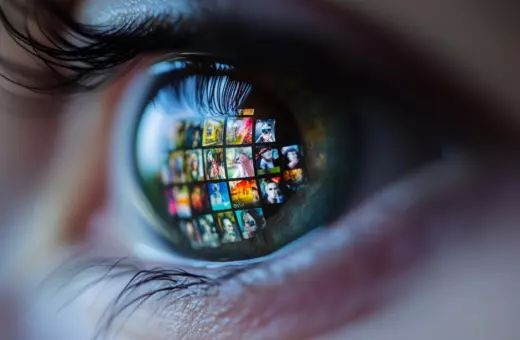Simon Saunders is currently Professor of Philosophy of Physics at the University of Oxford, and Fellow of Linacre College. He is noted for his work on quantum mechanics (particularly the many-worlds interpretation), on identity and indiscernibility in physics, and on structural realism.
What do you think the idea of thinking the unthinkable actually amounts to? When we discuss “thought”, what do we actually mean?
I think it’s about limits to thought vis-a-vis something like states of affairs. To set it up, one might ask, “are there extraordinary facts about the universe that somehow are going to be forever beyond our comprehension?”
So the important question is whether or not we can have knowledge of every state of affairs?
Right. I think there are other aspects to the question which are also interesting – issues of experiential knowledge etc. It comes up in the philosophy of mind: for example, qualitative experience called qualia. Is redness a property that we can have access to through science? Or is it something that we really have to directly experience ourselves?
The great example here is Mary, the colour-blind scientist. She knows everything there is to know about colour. She spends her life incarcerated in a black and white room, she communicates with a black and white video monitor. There are no mirrors. And then one day she leaves the room, and for the first time in her life she sees red. She thought she was learning something new. It was something she was incapable of getting at merely through a scientific understanding of colour – things like refractive properties of surfaces, electromagnetic structures, wavelengths of light, relations among wavelengths, that sort of thing.
If that's the topic, then of course there are all sorts of things that in a sense we can never have an experiential concept of. Take ultraviolet, or a deep infrared – these are parts of the spectrum that we can't directly experience. We can study them scientifically, but lacking that first-person experiential concept we can't necessarily know what ultraviolet light is like. Or other examples: what is it like to be a bat? There are lots of examples like that where it seems there are going to be limits to what we can understand via experience. There are limits to our sensory modality, that’s really what it boils down to.
In response to the challenge from philosopher Mark Rowlands, you said that while other animals cannot fully comprehend the world, they can get a rough understanding of things – what exactly do you mean by this?
The point about animals is a good one. A lot of my overall interest in the topic is whether or not there are good arguments to suggest that there are things we can't know. My general fear is that there are no good arguments, but if there is one, this is perhaps the best. It proceeds from the observation that we clearly have an understanding of things we know – stuff that no dog can know, no cat can know, no lizard can know. I think the issue of the monkey is a little bit borderline. Granted we are somehow able to know things, all kinds of things, that these other mammals and reptiles and insects couldn't possibly know. So, are we not in that situation vis-a-vis some morally sophisticated life form?















Join the conversation